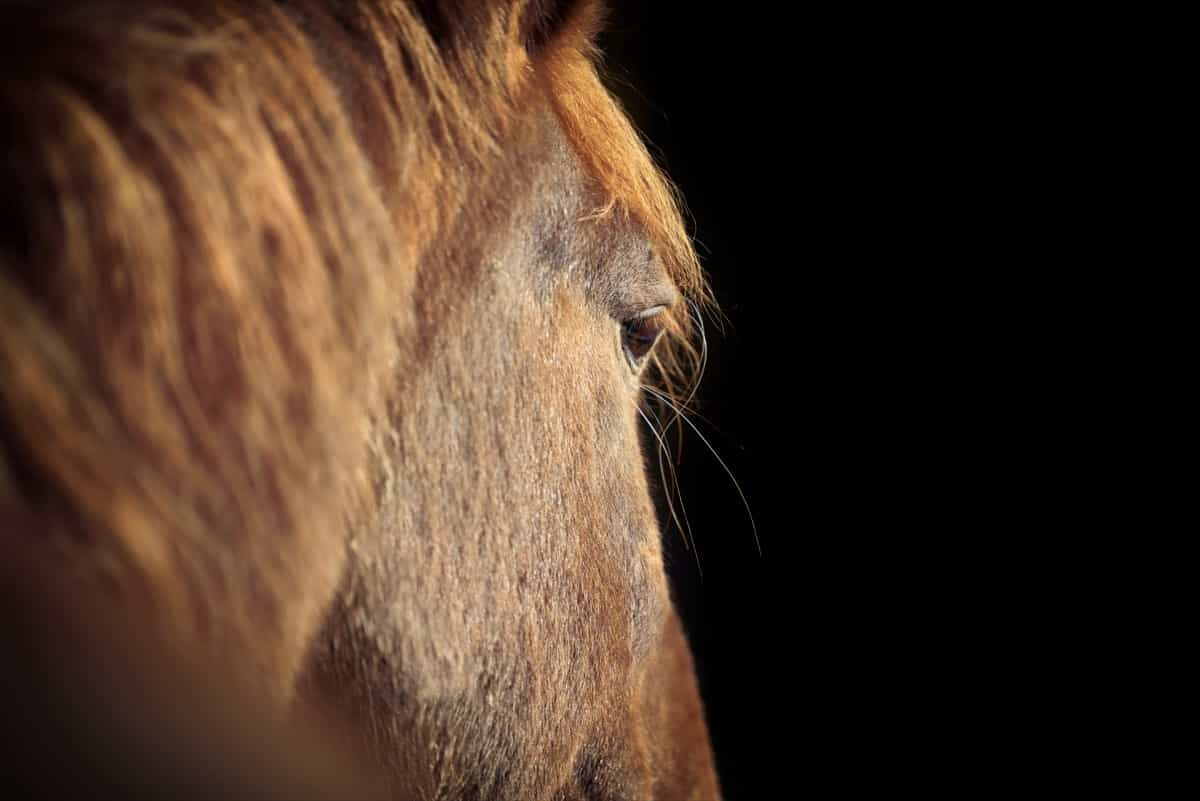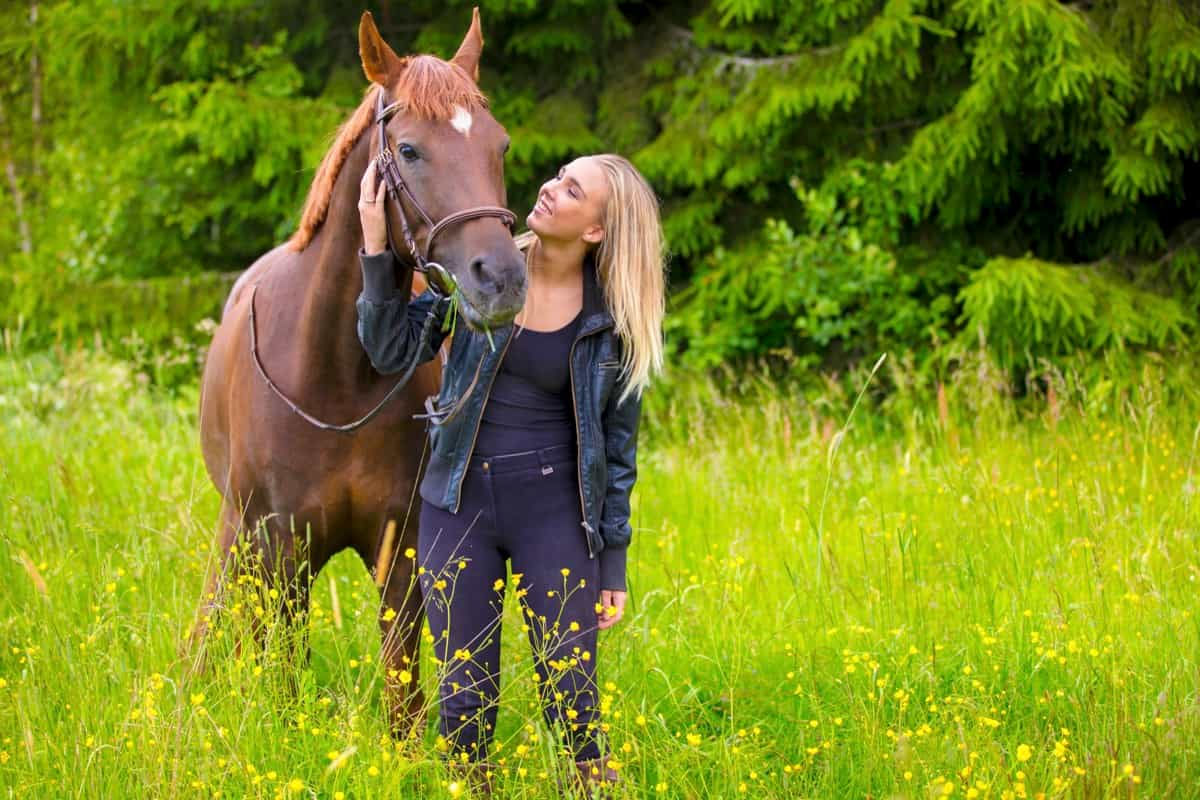The Arabian horse, with its distinct breed profile, is renowned for its beauty, endurance, and intelligence. This ultimate guide delves into various aspects, such as Arabian horse breeding techniques, raising Arabian foals, and comprehensive care tips for Arabian horses. With a rich pedigree and bloodlines, the Arabian horse is a prized possession in equestrian circles, known for its versatility in competitive disciplines and as a beloved riding companion.

Training Arabian horses requires specific methods to harness their natural abilities, while diet and nutrition are crucial in maintaining their health and vitality. From the initial Arabian horse price guide to understanding their lifespan and health, this article provides essential insights for enthusiasts looking to buy an Arabian horse or those already enjoying the companionship of these magnificent animals.
All You Need to Know About Arabian Horse
Breed Profile
History and Origin
The Arabian horse has a storied history traces back to the Arabian Peninsula, where Bedouins revered it for its endurance and ability to thrive in harsh desert environments. This breed’s lineage is among the oldest, with Arabian horse characteristics like their refined head, arched neck, and spirited yet gentle temperament, making them highly sought after.
Physical Characteristics and Temperament
Known for its elegance and grace, the Arabian horse displays distinctive physical characteristics such as a dished face, large expressive eyes, and a high tail carriage. Their temperament is marked by intelligence, sensitivity, and a willingness to please, which makes them excellent companions for various equestrian activities.
Unique Features of the Arabian Horse
One of the most unique features of the Arabian horse is its genetic structure, including one fewer vertebrae, which contributes to its distinctive silhouette and agility. Their coat colors range from bay, gray, and chestnut to black, with each hue showcasing a vibrant sheen that highlights their muscular build and graceful movements.
Breeding Arabian Horses
Genetic Traits and Selective Breeding
Selective breeding in Arabian horses focuses on preserving and enhancing desirable genetic traits such as endurance, sound conformation, and gentle temperament. Breeders pay close attention to Arabian horse pedigree and bloodlines, ensuring that each breeding decision contributes to the health and vitality of the lineage, with an emphasis on maintaining the breed’s purity and historical significance.
Managing a Breeding Program
Managing a successful Arabian horse breeding program involves meticulous planning and a deep understanding of genetic principles. Breeders consider factors such as conformation, temperament, and genetic health to produce foals that meet the high standards of the breed.
Importance of Pedigree and Bloodlines
The pedigree and bloodlines of an Arabian horse are critical in maintaining the breed’s quality and characteristics. A well-documented lineage provides insight into a horse’s genetic heritage and potential for certain traits and abilities.
Raising Arabian Foals
Early Care and Socialization
Raising Arabian foals involves providing comprehensive care from birth, ensuring proper nutrition, health care, and early socialization. This foundational stage is crucial for their physical and emotional development, setting the stage for a well-adjusted and trainable young horse.
Milestones in Growth and Development
As Arabian foals grow, they reach key milestones that indicate their readiness for more structured training and integration into riding programs. Monitoring their physical development, along with their behavioral responses, guides owners in introducing new experiences appropriately.
In case you missed it: Buckskin Horse Facts: Breed Profile, Characteristics, Price, Lifespan, Diet, Uses, Training, and Care

Training Basics for Young Horses
Introducing training basics to young Arabian horses requires patience and a tailored approach that respects their intelligence and sensitivity. Basic training includes groundwork, desensitization, and the fundamentals of riding, all of which build a solid foundation for future specialized training.
Price and Ownership Costs
Factors Influencing Price
The cost of an Arabian horse fluctuates significantly depending on variables like age, lineage, training proficiency, and competition history. Prices span from several thousand dollars for a recreational riding horse to tens of thousands for those with distinguished competitive achievements or breeding prospects.
Initial Purchase and Ongoing Expenses
Beyond the initial purchase price, owning an Arabian horse involves ongoing expenses, including feeding and nutrition, health care, training, and housing. Prospective owners should budget for regular veterinary care, farrier services, and emergency costs, which can accumulate over time. Being prepared for these expenses ensures the well-being of the horse and a rewarding ownership experience.
Budgeting for Health Care and Emergency Costs
Budgeting for health care and emergency costs is essential to responsible horse ownership. Setting aside funds for routine check-ups, vaccinations, dental care, and unexpected medical issues can prevent financial strain and ensure that the horse receives timely care when needed.
Lifespan and Health
Average Lifespan and Factors Affecting Longevity
Arabian horses typically enjoy extended lifespans, averaging between 25 to 30 years, and often exceed this range when provided with appropriate care, frequently living into their 30s. Factors affecting their longevity include genetics, diet, exercise, and preventive health care.
Common Health Issues and Preventative Care
Arabian horses, like all equine breeds, can encounter typical health concerns like colic, laminitis, and respiratory ailments. Preventative care, including regular veterinary check-ups, vaccinations, and a balanced diet, is crucial in mitigating these risks.
Veterinary Care and Regular Check-ups
Regular veterinary care and check-ups are fundamental to maintaining the health and well-being of Arabian horses. These visits provide an opportunity to address health concerns, update vaccinations, and discuss nutritional or care adjustments.
Diet and Nutrition
Basic Nutritional Needs of Arabian Horses
The basic nutritional needs of Arabian horses include a balanced diet of forage, grains, and access to clean water. Quality hay and pasture are essential for their digestive health, while grains can provide additional energy for active horses.
Feeding Schedules and Diet Adjustments
Arabian horses benefit from a consistent feeding schedule miming their natural grazing patterns. Diet adjustments may be necessary to accommodate changes in activity, health, or life stage, such as growth, pregnancy, or aging.
Supplements and Special Dietary Considerations
Some Arabian horses may require supplements to address specific nutritional needs or health issues. These can include vitamins, minerals, joint supplements, or digestive aids. Special dietary considerations should be based on individual health assessments and under the guidance of a veterinarian or equine nutrition specialist to ensure the horse’s dietary needs are fully met.
Uses of Arabian Horses
Competitive Disciplines: Show Ring, Endurance, Racing
Arabian horses excel in various competitive disciplines, with their agility and endurance making them especially dominant in show rings, endurance racing, and traditional horse racing. Their grace and beauty are showcased in the show ring, where they perform in halter and under saddle classes, displaying their refined movements and temperament. In endurance racing, their innate stamina and ability to withstand extreme conditions come to the fore, making them top contenders.
In case you missed it: Horse Breeding Project Report: Production Economics, Cost, and Profit Analysis

Recreational Riding and Other Activities
Beyond the competitive arena, Arabian horses are cherished for recreational riding, offering riders a delightful experience with their smooth gaits and responsive nature. Their versatility extends to activities like trail riding, dressage, and jumping, where their intelligence and eagerness to please make them willing and capable partners.
Arabians in Therapy and Education Programs
Arabian horses play a significant role in therapy and education programs, where their gentle temperament and sensitivity make them ideal for interactions with individuals with special needs. Their intuitive nature allows them to connect with people uniquely and healingly, making them valuable assets in therapeutic riding and equine-assisted learning programs.
Training Arabian Horses
Foundation Training Principles
The initial stage of Arabian horse training involves building a strong groundwork through trust, respect, and effective communication. Emphasizing positive reinforcement and consistent training methods helps develop a strong bond between the horse and trainer, which is crucial for their willingness to learn and perform.
Discipline-Specific Training Strategies
As Arabian horses are versatile and capable in various disciplines, training strategies must be adapted to suit the specific requirements of each activity. For show ring success, emphasis is placed on refining movements and enhancing the horse’s natural elegance. Endurance training builds stamina and conditioning, while racing strategies develop speed and agility.
Overcoming Behavioral Challenges
Behavioral challenges in Arabian horses, such as anxiety or stubbornness, often stem from miscommunication or lack of trust. Addressing these issues requires a patient and systematic approach, where understanding the root cause is the first step. Techniques such as desensitization, consistency in handling, and positive reinforcement can effectively overcome these challenges, leading to a more harmonious relationship and successful training outcomes.
Care and Maintenance
Daily Grooming and Care Routines
Daily grooming is essential for Arabian horses for their physical well-being and for strengthening the bond between horse and caregiver. A thorough grooming routine includes brushing the coat, cleaning the hooves, and checking for any signs of injury or discomfort. Regular grooming keeps the horse’s coat in excellent condition and provides an opportunity to monitor its health closely.
Housing and Stable Management
Proper housing and stable management are crucial for the health and happiness of Arabian horses. Well-ventilated stables, clean bedding, and ample space are essential to ensure comfort and prevent health issues. Regular maintenance of the stable environment, including cleaning and disinfecting, protects the horse from diseases and creates a safe and welcoming home.
Exercise and Pasture Management
Adequate exercise is vital for Arabian horses, contributing to their physical health and mental well-being. Access to pasture allows them to graze and move freely, mimicking their natural behaviors and promoting a healthy lifestyle. Managing pastures to ensure they provide safe and nutritious grazing and structured exercise routines keeps Arabian horses fit and content, ready for whatever activities they may engage in.
In case you missed it: Everything You Need to Know About Horse Grooming: Step-By-Step Guide for Beginners

Conclusion
With its storied heritage and versatile capabilities, the Arabian horse stands as a testament to the enduring bond between humans and horses.
- Feed Your Flock for Less: Top 10 Tips to Save on Chicken Feed
- Ultimate Guide to Ossabaw Island Hog: Breeding, Raising, Diet, and Care
- Hatching Answers: The Top 10 Reasons Your Chickens Aren’t Laying Eggs
- Eggs and Economics: Breaking Down the Cost of Raising Backyard Chickens
- Defend Your Greens: Proven Methods to Keep Iguanas Out of Your Garden
- Ultimate Guide to Cinnamon Queen Chicken: A Comprehensive Guide for Beginners
- Ultimate Guide to California Tan Chicken: Breeding, Raising, Diet, Egg-Production and Care
- Ultimate Guide to Marsh Daisy Chicken: Breeding, Raising, Diet, and Care
- 10 Types of Chicken Farming Businesses You Can Start for Profits